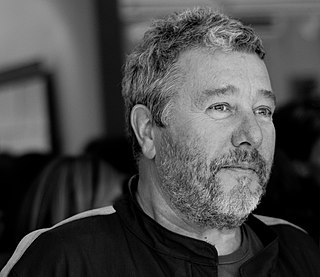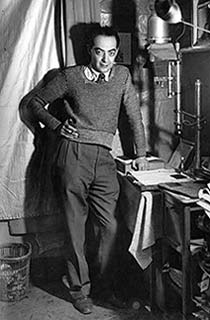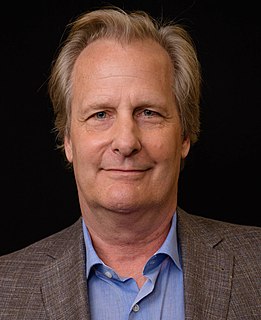A Quote by Octavio Paz
Surrealism is not a poetry but a poetics, and even more, and more decisively, a world vision.
Quote Topics
Related Quotes
Surrealism is not a school of poetry but a movement of liberation... A way of rediscovering the language of innocence, a renewal of the primordial pact, poetry is the basic text, the foundation of the human order. Surrealism is revolutionary because it is a return to the beginning of all beginnings.
My own experience as a reader and writer has been that the more I read, and the more I live, the more different "types" of poetry I grow to love. I might not even believe anymore that there are "types" of poetry at all. I've come to love things I once would snootily have dismissed. Of course I still have my likes and dislikes, and there are things I think are just plain old bullshit, but more and more I am far more trusting of my loves than my dislikes.
I'm educating myself more about world poetry. I know a lot about contemporary American poetry, so I felt I needed to learn more about figures like Borges, Akhmatova, Neruda, etc. I felt I needed a bigger lens to see poetry through. It really helps to see poetry as a world language, and not just something American.
Is it wrong, wanting to be at home with your record collection? It's not like collecting records is like collecting stamps, or beermats, or antique thimbles. There's a whole world in here, a nicer, dirtier, more violent, more peaceful, more colorful, sleazier, more dangerous, more loving world than the world I live in; there is history, and geography, and poetry, and countless other things I should have studied at school, including music.
So yes, I'm trying to think about the connections between politics and poetry. There's an awful lot you could say here.Poetics is a form of poesis, a form of production-construction, but there might be ways of conceiving of that in a much more interesting manner. That's what I'm thinking about at the moment.
The maiden Olympics had more to protest about than mere war, though. Central to its ethos was a rejection of two establishments the political one, certainly, but also that of the wider poetry world itself. It changed poetry for ever in the UK, ... It led to readings all over the country. You suddenly got more women reading and publishing poems, as well as gay guys and poets from all over the world. Until that time, published poetry had been very university-based white, male, middle-class. We were trying to break poetry out of its academic confines.
Poetry, even that of the loftiest, and seemingly, that of the wildest odes, [has] a logic of its own as severe as that of science; and more difficult, because more subtle, more complex, and dependent on more and more fugitive causes. In the truly great poets... there is a reason assignable, not only for every word, but for the position of every word.
The first thing you do as a producer is you try to understand the director's vision in as deeply a way as you can. Sometimes, you end up with a director that has more vision or sometime they have less vision. You hope that they have more. In the case where they have more, you need to understand it in the deepest way you can.






































